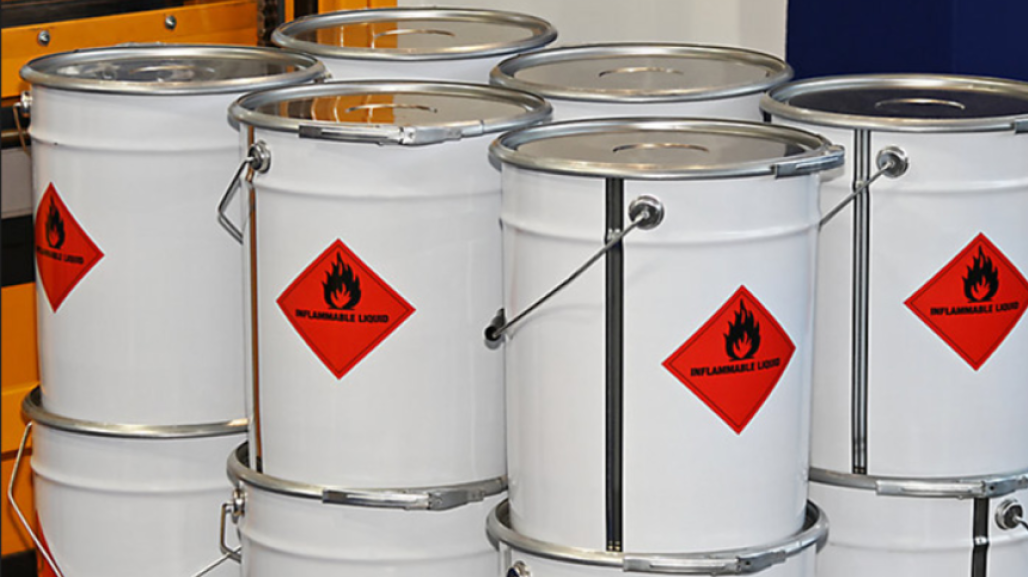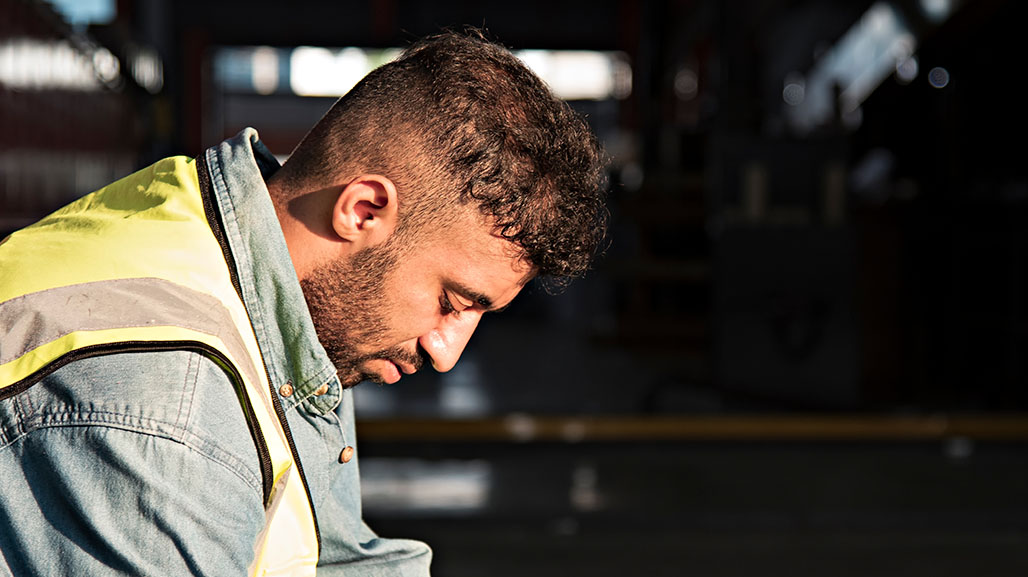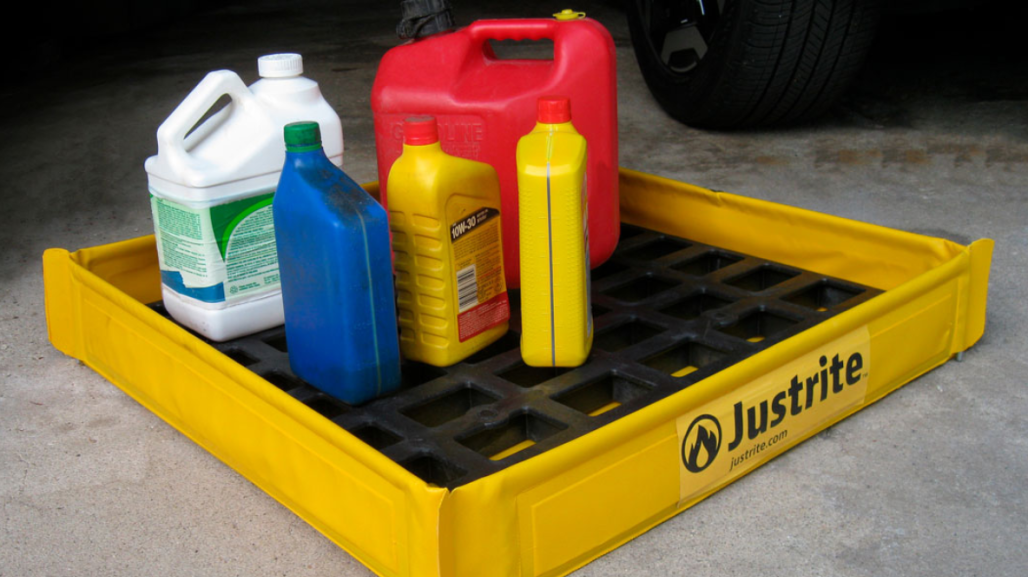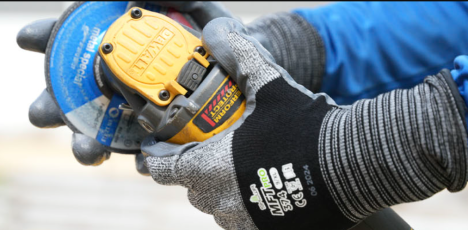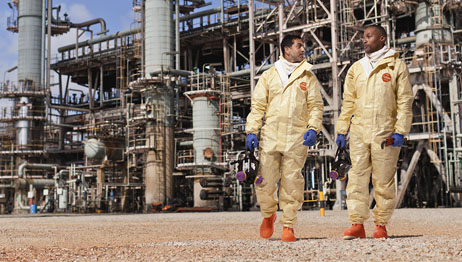Throwing Out Harmful Household Items
Rubbermaid Commercial Products provides some helpful tips to properly dispose harmful household items.
Rubbermaid Commercial Products provides some helpful tips to properly dispose harmful household items.
How to properly dispose of paint, batteries, and other items.
Household products are like houseguests: they’re good to have around for a time, but can be difficult to get rid of. Not all are like that, of course (guests included). But many common supplies—paints, cleaners, pool chemicals, pesticides for the garden, batteries and more—may be harmful to the environment, pets or people if tossed in a regular trashcan or poured down the drain. Other items are better off being recycled than cluttering landfills. So what should you do? Follow these tips for taking out troublesome trash:
Try giving away or trading unused or leftover paint with a neighbor or friend. You can also check online or in the phone book for a hazardous waste collection facility nearby or to see if your town offers special collection drives for such castoffs.
Car batteries, as well as household (AA, AAA, D, C) and button (used in watches and hearing aids) types, may contain certain metals that can contaminate the ground or air if disposed of improperly. Many communities offer places to recycle batteries. Better yet, consider using rechargeable batteries whenever possible to reduce waste.
Some municipalities require that yard waste (leaves, branches and grass clippings) be separated from other household trash and recycled because they can release harmful gases as they decompose in landfills. Consider leaving grass clippings on the lawn—here, they return nutrients to the soil as they break down. Or gather them in a durable bag that you can easily pull around the yard as you work, then dump everything into a compost pile or a brown paper lawn bag for proper disposal.
By now, recycling bottles, newspapers and cans is second nature to many people. If the individual recycling bins your town has supplied become damaged or are inadequate, replace them with larger, more durable plastic boxes (first be sure to check that they’ll still be picked up).
All of these items can be recycled or repurposed. Search online to see which local organizations accept them—for example many retail stores across the country collect cell phones for donating or recycling.
Put food scraps in a backyard or countertop composter and use the results later to enrich your garden soil. With other food waste, choose a trash can with a secure lid so pets, raccoons and other animals won’t be able to get into garbage and make a mess or eat something that could make them sick.
Cleansers and disinfectants, including certain kitchen and bathroom cleaners, can be dangerous to the environment if poured down the drain. Always try to use the least hazardous products. And trust those old wives; their tales of the magic of baking soda and vinegar tend to be true. Baking soda can be used to scour an oven, brush out a toilet bowl or deodorize a carpet, for example. Mix a tablespoon of vinegar with a quart of water in a bucket for a solution that will make your windows shine.
Previously Featured on Rubbermaid's blog.
Durability. Trust. Innovation. Proven performance. These words don’t just describe our products…they describe our brand. These words have been proven true throughout the history of our company. They define who we are today and who we will continue to be tomorrow. For 50 years, Rubbermaid Commercial Products has pioneered world-class product solutions that meet the challenging demands of commercial facilities while outperforming and outlasting the competition.

